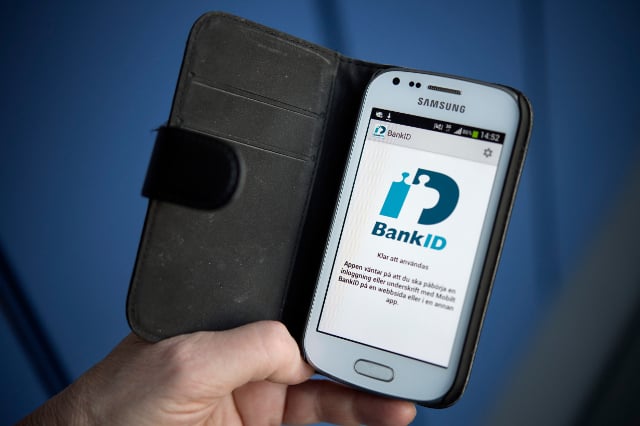BankID is an electronic identification system originally developed by banks and used widely across Swedish society, including government authorities, businesses, banks and other organizations.
But fraudsters are increasingly taking advantage of the scheme to get their hands on your money.
Last month alone, 19.6 million kronor ($2.14 million) was stolen in such scams, according to police figures reported by Dagens Nyheter. In June the figure was even higher: 21.6 million kronor.
“It has become a national problem that is threatening the system,” Stefan Larsson, the police's chief investigator of national serial crimes, told the Swedish daily on Monday.
READ ALSO: Beware of new bank scam, Swedish police warn
Two people were sentenced to jail at the end of July in Sweden's first BankID scam conviction, and another three people are expected to be charged in September in connection with a similar scam.
They usually unfold like this: someone calls to tell you that your bank account has been hacked. Pretending to be a police officer, they inform you that you should expect a call from your bank.
A second scammer then calls, pretending to be from the bank and asking you to log in to your account via BankID. But they have already typed in your Swedish personal identification number on the bank's website, so when you log in to BankID, you instead log them into your account.
They then ask you to try logging in again later – at which point the same thing happens and you end up inadvertently transferring your money to another account which they have set up.
The best way for BankID users to protect against the new wave of bank scams is to never give out your personal codes or information and never use it at the prompting of anyone who contacts you. If you receive a suspicious phone call, the best course of action is to hang up and then contact your bank's customer service to check on the veracity of the call and report the suspicious activity.



 Please whitelist us to continue reading.
Please whitelist us to continue reading.
Member comments